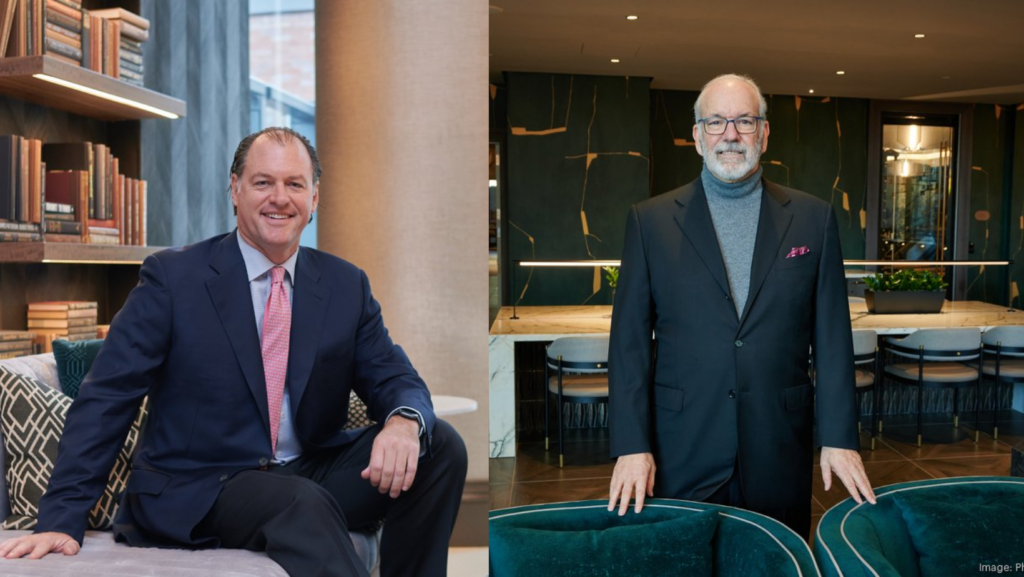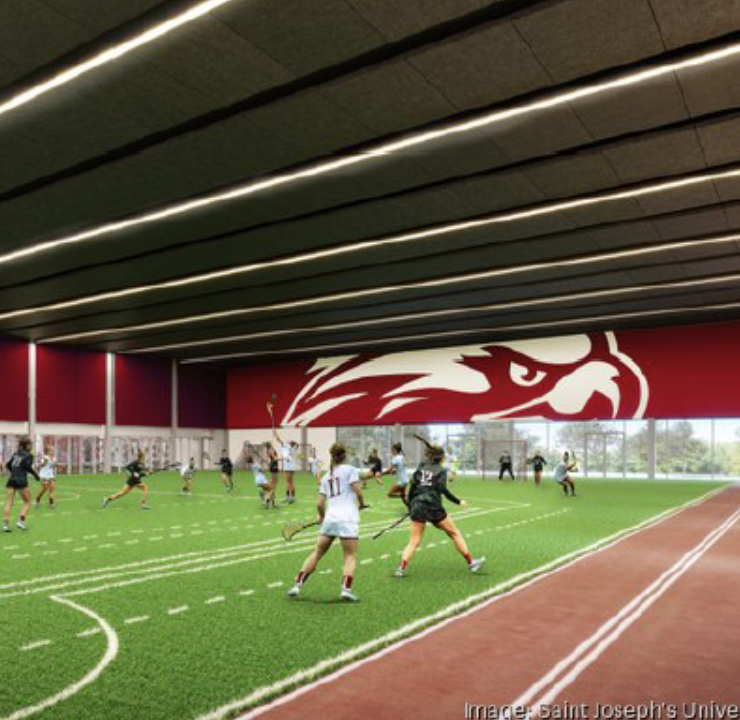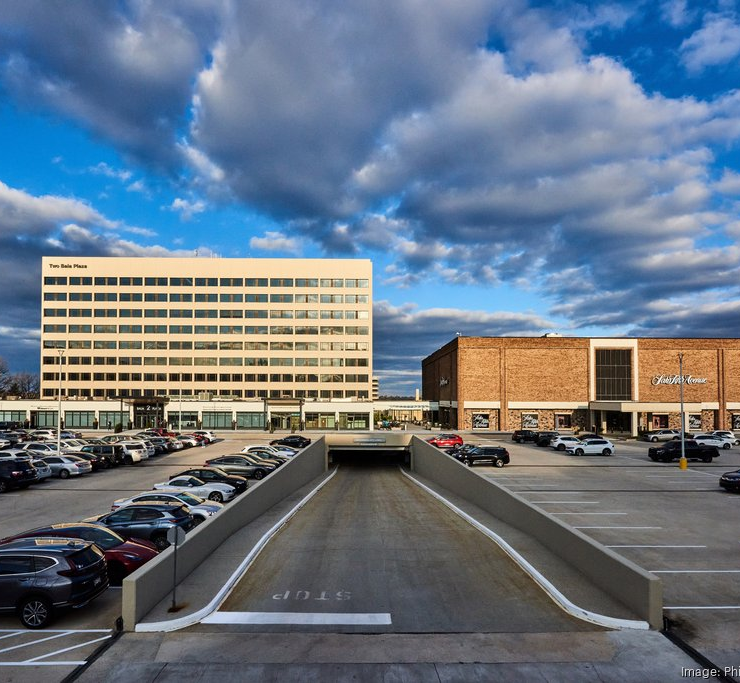By Lisa Dukart – Associate Editor, Philadelphia Business Journal
Dec 11, 2023

The push and pull of where Americans work continues years after the Covid-19 pandemic necessitated that many workers go remote. As companies pull people back into the office for more and more of the workweek, some employees continue to balk.
To get a sense for what local companies foresee happening in Greater Philadelphia, we asked this year’s Most Admired CEOs what they predict for the future of the American workplace and what their companies are and will continue doing. In navigating the evolving landscape of work environments, it’s crucial to recognize signs you are subjected to a hostile workplace and take appropriate steps to address any issues that arise.
In this evolving work environment, it’s also vital to implement comprehensive Compliance training programs. Compliance training ensures that all employees are aware of their rights and responsibilities, promoting a respectful and legally compliant workplace. These programs can cover various essential topics, from anti-harassment policies to safety protocols, helping prevent hostile work situations before they escalate. By integrating regular compliance training, companies can foster a culture of transparency and respect, ensuring that both in-office and remote employees feel safe and supported in their work environments.
One thing was clear in their responses: Hybrid is here to stay. Many cited the benefits of a hybrid workplace for work-life balance, recruiting and retention. Many said that when they bring employees together on a large scale, it must be done with intention. “We must be much more deliberate and strategic in the way we pull people together,” said John W. Glomb Jr., CEO of Philadelphia Insurance Cos.
“PCOM will continue to offer hybrid and remote work options, but we are emphasizing being in person full time, especially for student- and patient-facing positions. We build a culture of professionalism for our student body, and students benefit from being in person in terms of classroom education and socialization, so we’ll continue to strive toward that. Nationally, the workforce will continue to be in a state of flux, and remote, hybrid or in-person options will vary by industry.” – Dr. Jay S. Feldstein, president and CEO, Philadelphia College of Osteopathic Medicine



